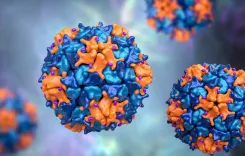The Best Skincare Routine for Acne, According to Dermatologists
By Mia Evelyn
30 December 2022
Skincare choices, "solutions," and advice might seem limitless and daunting if you have acne-prone skin, but taking care of your skin doesn't have to be. We consulted with leading physicians to get their professional guidance on the best treatments, recommendations, and regimens for treating acne-prone skin.
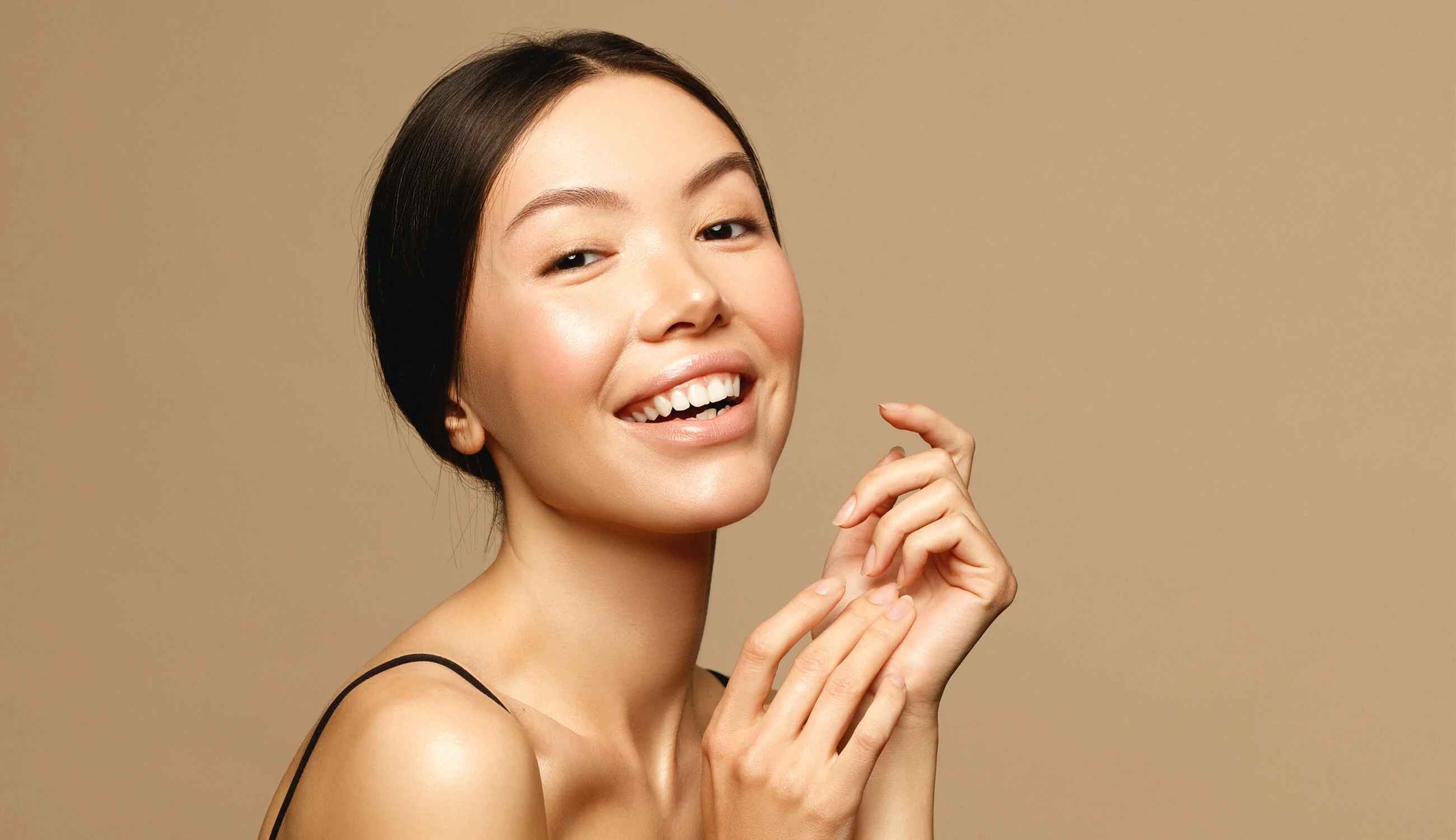
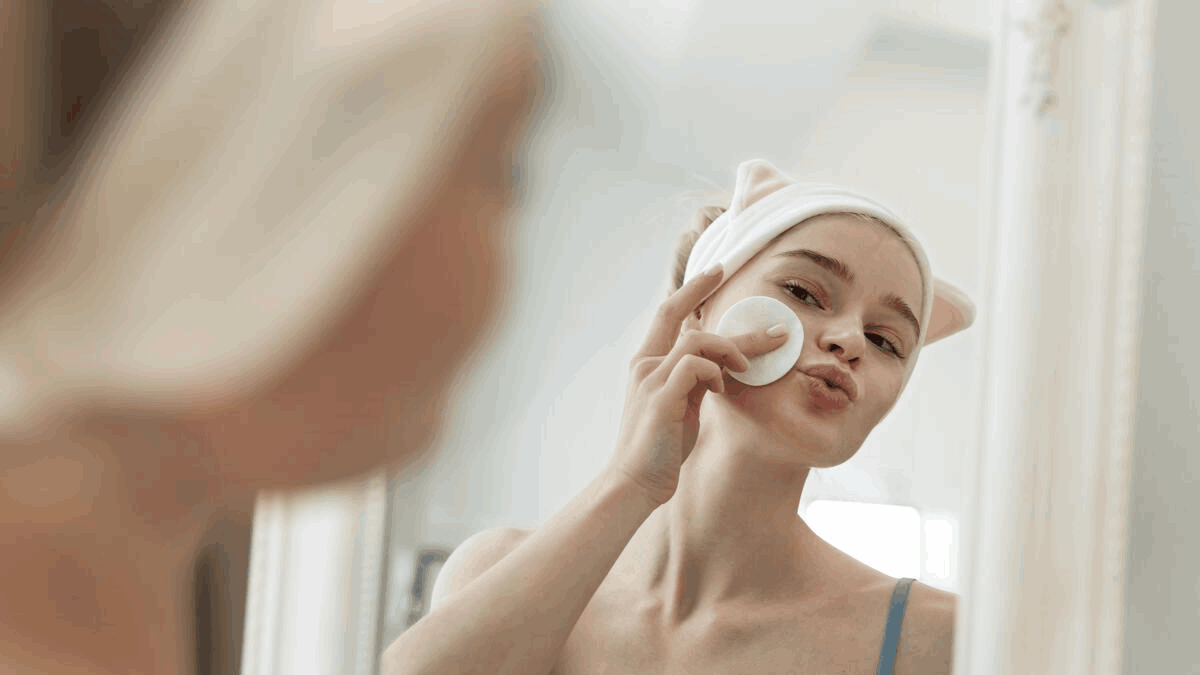
Cleansing is the Starter
Salicylic acid, a beta-hydroxy acid (or BHA), and benzoyl peroxide, an anti-microbial agent that acts to destroy germs, are two breakout-fighting active ingredients to take into account while looking for face cleansers for skin that is prone to breakouts. For the greatest results, dermatologist Benjamin Marks, MD, of Northwestern Medicine Glenview Outpatient Center, advises using a facial wash with salicylic acid for one wash of the day and a wash with benzoyl peroxide for the other.
Akhavan advises those with skin prone to acne to wash their faces twice daily. Additionally, he advises "avoiding using abrasive exfoliation sponges or brushes to prevent traumatic inflammation of the skin" and "starting your daily skincare regimen with a creamy, oil-free cleanser with salicylic acids, such as Clearasil Rapid Rescue Wash."
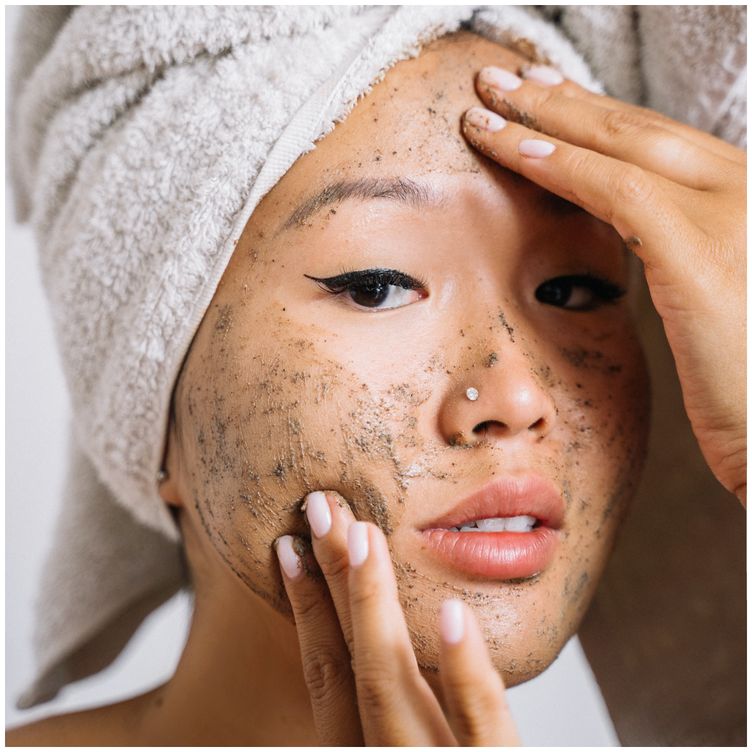
Exfoliating and Scrubbing
Exfoliants come in two varieties: chemical and physical. Jojoba beads, sugar, or coffee are some examples of substances used in physical exfoliants to exfoliate the skin. AHAs, also known as chemical exfoliants, are "mild, superficial acids that can exfoliate your skin enzymatically," according to David Kim, MD, MS, a cosmetic dermatologist at Idriss Dermatology in New York City. Exfoliants can improve acne because they boost cell turnover, which cleans out clogged pores and reveals clearer, more radiant skin. When incorporating exfoliants into your routine, dermatologists offer a few suggestions. To begin with, only use them once or twice each week. Physical exfoliants should only be used rarely; chemical exfoliants can be used more frequently if your skin has developed a tolerance to them.
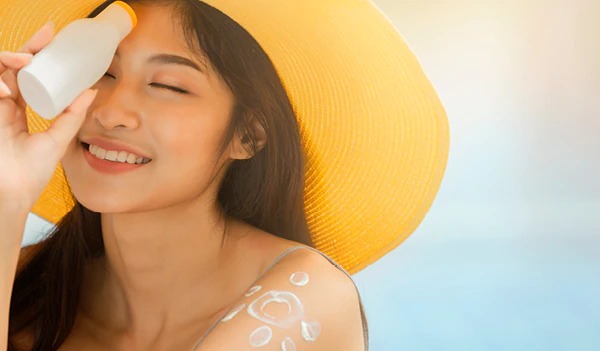
Sunscreen!
Compared to, for example, lactic acid, glycolic acid might be a little bit more irritating. Therefore, it is advised to use glycolic acid if someone has oily or acne-prone skin, suggests Jerome Potozkin, MD, founder and physician of PotozkinMD Skincare & Laser Center in California. "I would direct them more toward a lactic-acid-containing product if they have more sensitive skin". Drs. Potozkin and Kim both advise applying exfoliating creams at night after cleaning so that they can work all day. You must use sunscreen (SPF 30 to 50) in the morning since products with acids increase your vulnerability to UV damage.
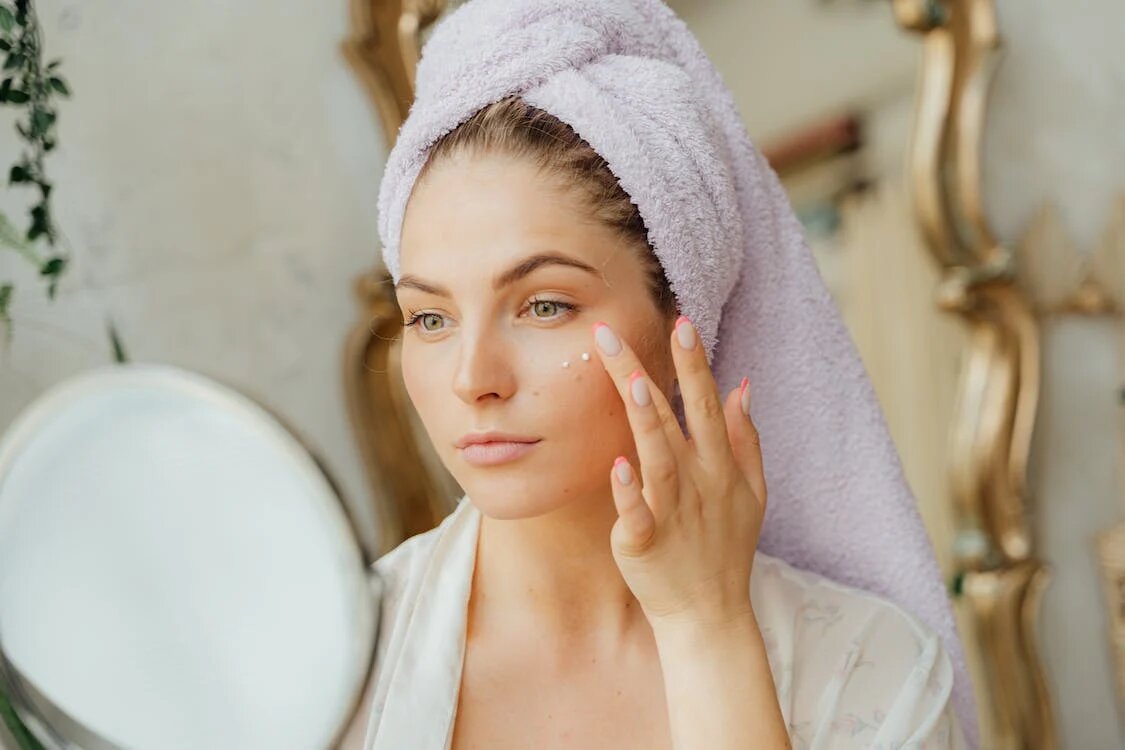
Moisturize
Acne and oily skin? Do not misunderstand; you still need to hydrate skin that is prone to acne. It's *extremely* crucial to keep your skin healthy and moisturized, especially if you're utilizing treatment solutions. "Acne may get worse if the skin barrier is damaged. Because of this, over-scrubbing or using too many harsh treatments can exacerbate acne, according to Dr. Marchbein. The skin barrier has to be prepared and soothed because drugs are frequently unpleasant and drying.
Look for formulations that are lightweight, non-comedogenic, and oil-free and that have moisturizing components like ceramides and hyaluronic acids.
Medical Treatment
Everyone's products for this stage may look different, but according to Camp, the morning is an excellent time to start focusing on any imperfections, whether they are new or already present. "Products that have active chemicals like salicylic acid, benzoyl peroxide, and sulfur are good for spot treatments to focus on acne pimples," he explains. In addition, he suggests La Roche-Effaclar Posay's Duo Acne Spot Treatment, which includes 5.5% benzoyl peroxide and is "excellent for inflammatory acne like deep-seated obstinate lesions," as well as Neutrogena's Rapid Clear Salicylic Acid Acne Treatment with Witch Hazel.
You Might Also Want To Read This
Popular Posts






